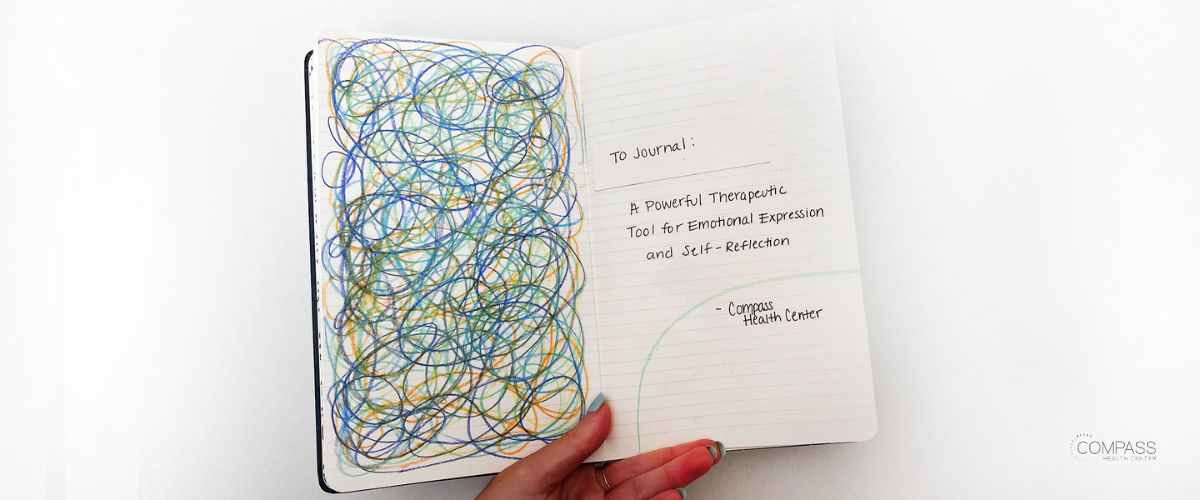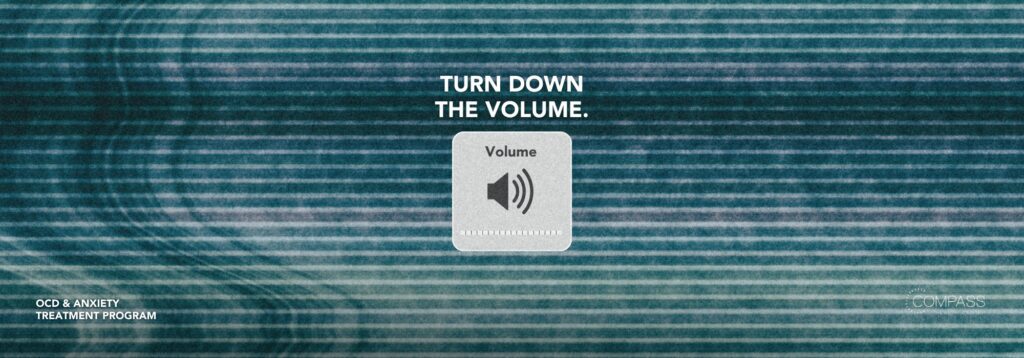
Taking Ownership of Our Story: How School Planners, Journaling, and Narrative Reframing Shape Our Well-being
In today’s fast-paced and demanding society, we may often find ourselves overwhelmed and mentally drained. This can be especially daunting for students navigating the labyrinth of academic, personal, family, and social commitments simultaneously. The good news is that, amidst the chaos, there are some solutions to making it all more manageable. Writing, across contexts, tools, and genres, can be a wonderful tool for everything from organization and prioritization to processing and creativity. In this blog, we explore the importance of incorporating writing activities, such as school planners and journals, into our daily lives and delve into the transformative benefits that writing can have on mental health.
The Impact and Potential of School Planners: Empowering Student Success
School planners play an important role in fostering organization and time management skills. They are a helpful tool for making the overwhelming and chaotic feel organized and manageable and can reduce anxiety by supporting executive functioning, ensuring that students can reference information outside of the school day, and support students in prioritizing and scheduling their time effectively. By jotting down assignments, deadlines, and exam dates, students can stay on track and efficiently allocate their time to various tasks. A visual representation of the upcoming weeks and months can help students plan ahead and break down larger tasks into smaller steps. Furthermore, the act of physically writing down tasks has been shown to enhance memory and retention.* This level of organization not only ensures that nothing falls through the cracks, but it also alleviates the burden of trying to remember all the responsibilities and commitments students have. It also aids in preventing procrastination and last-minute cramming sessions which often lead to stress and anxiety.
Without organization, it can be easy to forget tasks or procrastinate until the last minute. The longer we put off completing necessary responsibilities, the more we may experience a heightened sense of unease about the growing workload. The fear of failure or not meeting expectations can further exacerbate anxiety, as procrastination prevents us from taking timely action and addressing the root cause of our worries. By utilizing a school planner, students can break this cycle, feel more prepared and confident, and reduce their stress levels surrounding school duties. Crossing or checking things off to-do lists helps students feel empowered, productive, accomplished, and proud.
* (https://www.sciencedaily.com/
Maximize Productivity and Minimize Overwhelm: 6 Tips for Optimizing Your School Planner Usage
- Make it a habit to update your planner regularly, preferably at the beginning or end of each day. This will ensure all assignments, tests, and important dates are recorded and updated.
- Break down larger tasks into smaller, more manageable sub-tasks, and dedicate specific time slots for each.
- Prioritize tasks based on urgency and importance, ensuring the tasks that are due sooner are completed first.
- Use color coding or symbols to categorize different types of tasks or subjects, making it easier to visually grasp your schedule at a glance.
- Reserve space for personal goals, self-care, and leisure activities. Balance is needed, and these are all very important for our mental health and well-being.
- Finally, embrace journaling within your planner by jotting down thoughts and emotions; this can bring self-awareness to how you feel and can help you navigate challenges with greater clarity and resilience.
By following these tips, a school planner will become an indispensable tool for staying organized, focused, and in control of one’s academic journey.
Journaling’s Role in Mental Health: Insights and Benefits
Journaling is a powerful therapeutic tool for emotional expression and self-reflection. Putting pen to paper allows us to release any pent-up emotions, fears, and anxieties. It is a way to pour our hearts out without restraint or fear of judgment. When we suppress our emotions, it is like shaking a soda bottle with the cap sealed –the pressure keeps building inside until it eventually opens and bursts. When we express our thoughts honestly, we unburden ourselves from the weight of carrying those bottled-up feelings, and this can bring a great deal of emotional relief.
Journaling also encourages self-reflection; as we revisit our experiences through written words, we can gain valuable insight into our own thought patterns and emotional responses. For example, let’s say Jane had a particularly stressful day of exams and social interactions. Jane opens her journal and begins writing about feeling overwhelmed and anxious. As she writes, Jane starts to recognize reoccurring themes, such as fear of failure and a constant need to please others. She notices that she often procrastinates on studying for exams due to that fear, and then in turn feels more overwhelmed due to not being prepared. She also notices a tendency to suppress her true self to fit in with others and how this fuels her social anxiety, because she deeply wants to feel safe being who she truly is. This is an example of how journaling can bring to light hidden beliefs, fears, and desires that we may have not been aware of beforehand. This awareness can cultivate a deeper understanding of ourselves, enabling us to make conscious changes in our behavior to grow and enhance our well-being. If Jane sees a therapist, she may also bring the insights and self-awareness she gets from journaling, or the journal itself, to therapy to enhance the process.
There is a vast array of types of journals from completely blank/free form to more structured or guided journals such as bullet journals, gratitude journals, or structured therapeutic journals with various prompts. There is no right or wrong way to journal and find what is most helpful for you by trying several options.
Overall, journaling can have a positive effect on mental health and well-being by allowing us to express our feelings and worries in a way that feels safe, helping to release our emotions, and allowing us to better understand ourselves. This promotes self-awareness, emotional regulation, and a sense of empowerment.
Empowering Personal Growth: Embracing Ownership of Our Story
Not only does journaling enhance our well-being, it also empowers us to explore and reframe the narratives we tell about ourselves and our lives. Narrative therapy is a form of psychotherapy formulated in the 1980s, and it is based on the concept that a person’s identity and self-perception are cultivated through several connected narratives (What Is Narrative Therapy? | Psych Central). Some of these stories may be helpful, while others may be unhelpful, and they all have an impact on our mental health and relationships with others. The narratives we have created about ourselves may have come from many different places: our past experiences, upbringing, cultural or religious beliefs, social pressures, media and advertising. Once we can understand where they came from, we can begin to question these stories, allowing ourselves to re-tell and reframe our life narratives in a more balanced and compassionate way.
For example, let’s say Jane has been continuing to journal daily about her social interactions. Through this self-reflection, she discovers beliefs she holds about herself, such as the belief that she is not interesting enough, and how this has led to suppression of her true self. Through journaling, Jane has begun exploring the origins of this belief, and realizes that it stems from experiences of being excluded and teased during her childhood years, leaving her feeling inadequate and craving approval from others. As Jane journals about her interactions with others, she focuses on instances when she felt genuine connection and received compliments or positive feedback from others. Jane begins to re-write her story, focusing on her strengths, unique interests, and accomplishments, recognizing that her true self is interesting and is more than capable of forming authentic connections with others. This is an example of how journaling can empower us to reframe our narratives to be true to who we are.
Harness Journaling for Self-Compassion, Resilience, and Personal Growth: 6 Effective Tips to Get Started
- Daily Reflection: Take time each day to write in your journal, reflecting on experiences, thoughts emotions, and challenges to foster self-awareness.
- Practice Gratitude: Dedicate a section of your journal to gratitude. Write down a few things that you are grateful for every day, as this can shift your focus from dwelling on what we lack, to appreciating and being thankful for the abundance of positive aspects in our lives.
- Set Goals and Intentions: Use your journal to develop goals and track progress, celebrating accomplishments along the way.
- Reframe Negative Thoughts: Challenge negative beliefs and reframe them to be more realistic and balanced, focusing on your strengths and growth.
- Learn from Setbacks: Process emotions and reflect on lessons that came from the experience, seeing rejection as redirection, and setbacks as opportunities for growth and resilience.
- Practice Self-Compassion: Be kind to yourself and forgive yourself in your writing, treating yourself with the same empathy you would have for a friend. Mistakes are a part of the human experience.
Build Resilience and Mental Well-being through Organization and Journaling
School planners and journaling play a vital role in promoting mental health by providing structure, organization, and a means of emotional expression. Embracing these practices in our daily lives can lead to increased self-awareness, stress reduction, and a greater sense of control over our thoughts and emotions. Moreover, through narrative therapy, we unlock the power to take ownership of and reframe our stories, fostering self-compassion and personal growth; we get to decide who we are and who we want to be. Through this, we build our resilience and mental well-being, leading to a more fulfilling life.



